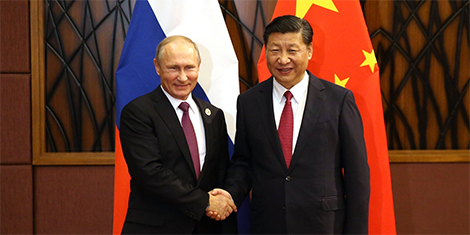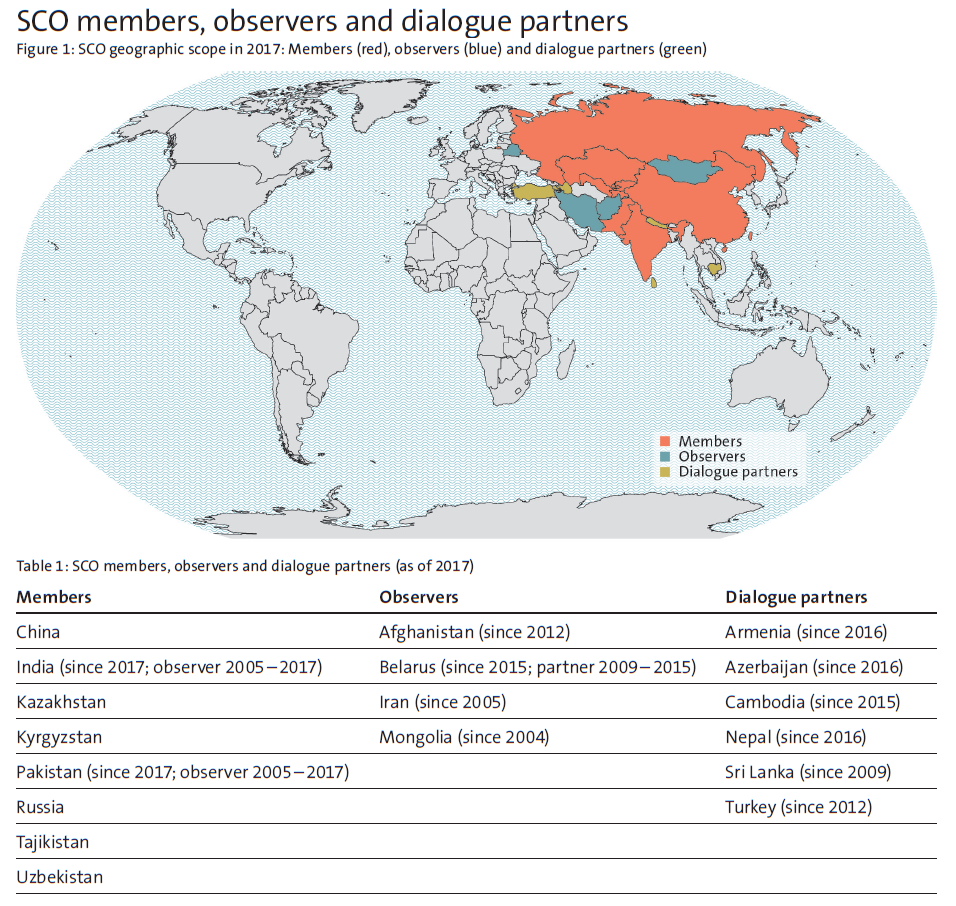
This article was originally published by the Australian Strategic Policy Institute’s (ASPI) The Strategist on 10 September 2018.
If you were trying to design a low-cost strategy to constrict the operational horizon of an important US ally in the region, China’s ploys in the Pacific wouldn’t be a bad model to examine.
China has been talking a big game in the Pacific. It’s been reported as looking to fund a major regional military base in Fiji and scoping Vanuatu for a military base of its own. And it apparently has plans to refurbish four ports in Papua New Guinea, including the strategically significant Manus Island. Over the decade 2006–2016, it has committed US$1.8 billion in aid, and Chinese telco Huawei has sought to build undersea internet cables in the region.







